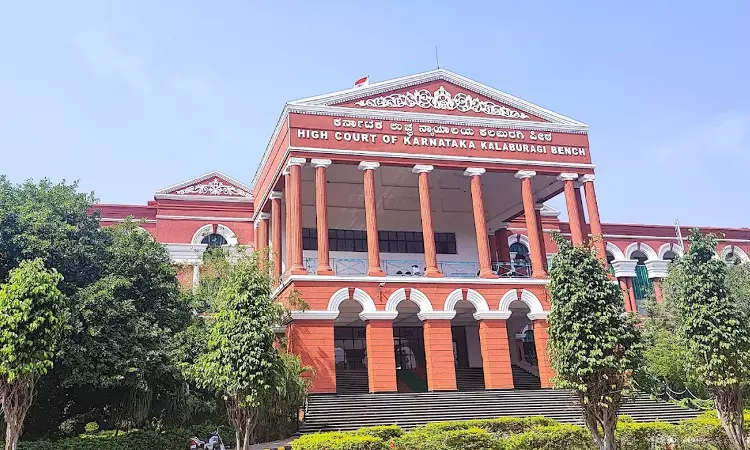Service Benefits Do Not Form Bequeathable Estate Of Any Government Servant: Karnataka High Court
Mustafa Plumber
28 March 2023 4:06 PM IST

Next Story
28 March 2023 4:06 PM IST
The Karnataka High Court has held that service benefits do not form the bequeathable estate of any government servant. A single judge bench of Justice C M Joshi sitting at Kalaburagi dismissed the appeal filed by Sujata and others challenging the judgment of the trial court which was confirmed by the Senior Civil Judge vide its order dated 04.03.2011. The trial court and appellate court...
